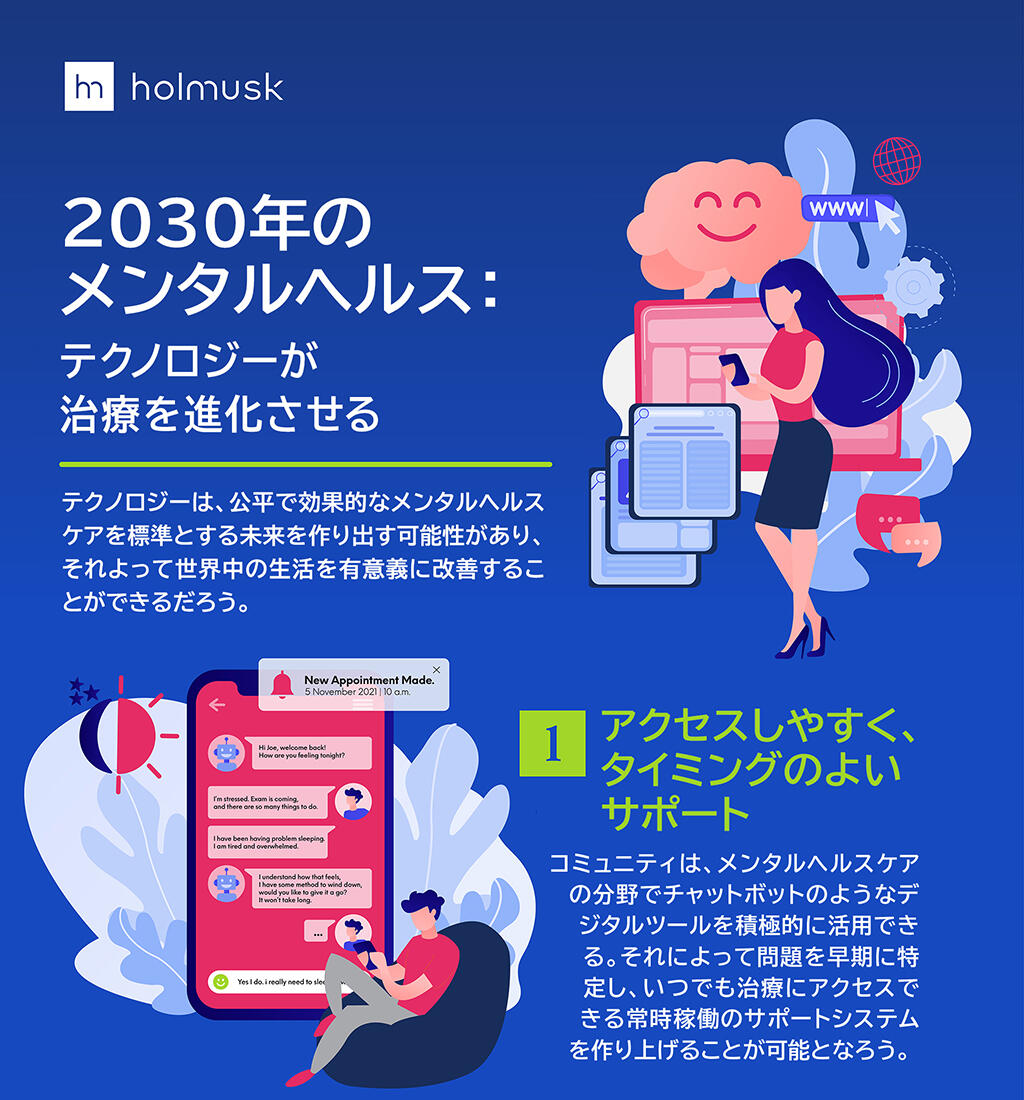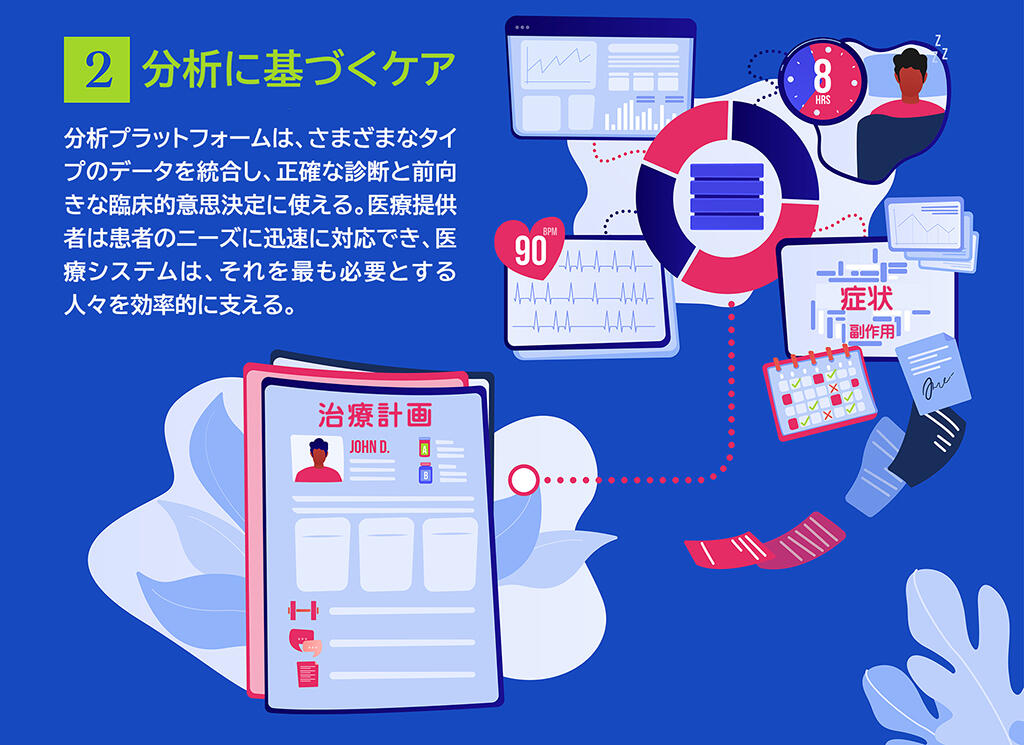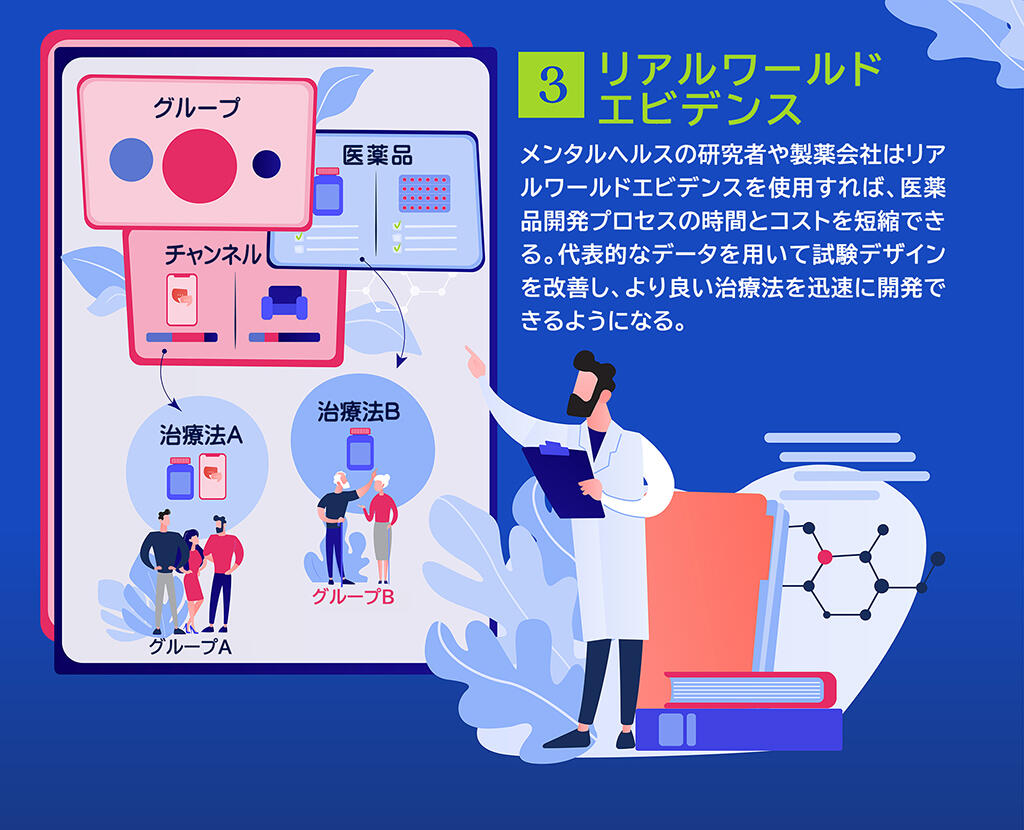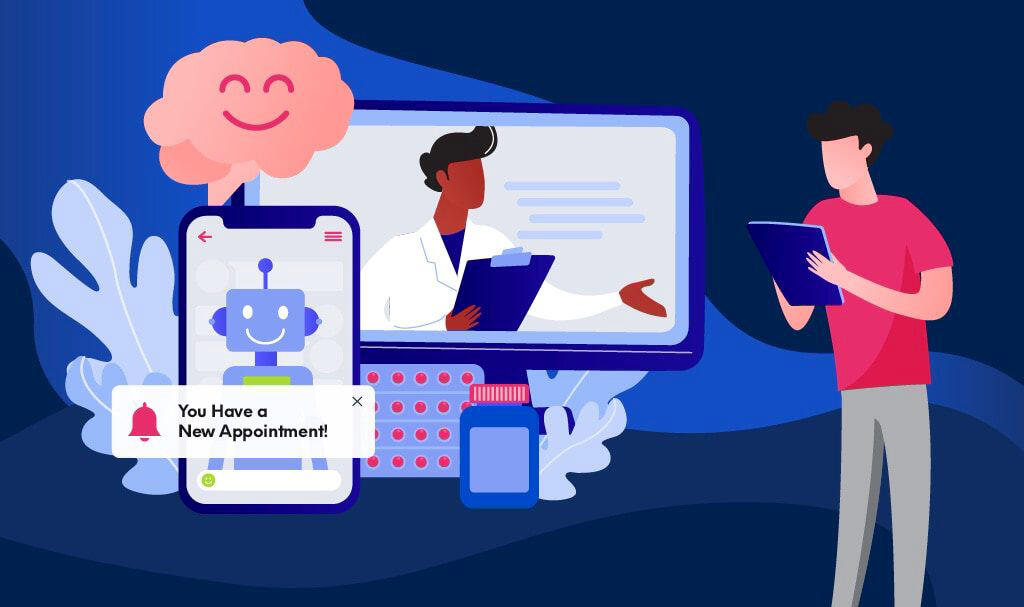Digital innovation can chart a promising future for the diagnosis and treatment of mental health disorders. Achieving an equitable ecosystem requires careful evaluation of relevant technologies.
Asian scientist – Symptoms of mental health disorders vary and are not always obvious. This often goes unnoticed. A hidden epidemic of mental health issues, often misunderstood or easily forgotten, has become even more prevalent during the coronavirus pandemic and has also led to increased suicide rates in countries like Japan.
The Singapore Institute of Mental Health reported that 13% of more than 1,000 participants reported symptoms of anxiety or depression during the coronavirus pandemic. However, the lack of basic statistics has made it difficult to compare before and after the coronavirus outbreak.
Covid-19 may have exacerbated the problem, but it was years of neglect and injustice that snowballed into the global mental health toll. More than 264 million people worldwide suffer from depression and millions more suffer from other mental health conditions. It is clear that what matters most is generous help, support and deep understanding.
The United Nations Sustainable Development Program has identified mental health disorders as a strategic priority to address by 2030 to promote healthy living. This is a wake-up call of the times when it comes to mental health treatment and draws attention to the lack of access to adequate services. Mental health issues are exacerbated by societal discrimination and a general lack of data on the illness.
Digital mental health could change this, overcoming barriers such as cost, geographic distance and patient distrust. But with thousands of health apps already on the market, we need more. On the contrary, continuous innovation is important to bring tangible changes in the quality of life.
During the coronavirus pandemic, we want to imagine what the mental health system of the future will look like with key technological advances.
1. Provide direct and ongoing support
Due to the embarrassment and shame associated with mental health disorders, patients may feel comfortable disclosing personal or emotional information to chatbots rather than humans. These virtual companions provide an objective platform for patients to seek help, making mental health support accessible at any time to a wide range of people.
Chatbots are developed to detect a user's mood based on the stories they tell through conversation and narration. These virtual agents can then teach users relevant medical procedures and guide them in thinking about their experiences. This regulates emotions and improves psychological well-being.
Besides reluctance to receive mental health treatment, major barriers to access include geographic distance and lack of specialized health professionals in remote and densely populated areas. Computerized cognitive behavioral therapy, enhanced by artificial intelligence (AI) agents or supported by clinicians, can fill these gaps.
By leveraging the interactivity of digital media, a multi-week program including self-help modules can gradually move participants away from the distorted thought patterns often associated with depression and anxiety. This treatment takes the form of gentle discussion sessions which can encourage the continuation of treatment and the establishment of healthy lifestyle habits.
2. Provide personalized mental health interventions
As mental health analytics advances, clinical care options may also become more individualized and enhanced. AI-based tools can combine physical data such as heart rate with behavioral data such as social media activity. Because mental illnesses vary widely and the symptoms that result from them vary, this data can tailor treatments to each patient's experience.
Digital monitoring tools also complement analytics platforms, with mobile apps such as Japan's CureApp tracking behaviors such as smoking among nicotine addicts. Health and journaling apps, combined with natural language processing models that extract important thoughts from text, give doctors additional considerations when evaluating diagnoses and support options.
Additionally, data from home visits and hospital visits can be fed into an analytics platform to obtain a comprehensive picture of patient needs and treatment response. This data transfer mechanism can be analyzed and implemented, providing doctors with up-to-date information about their patients. This allows for more individualized and highly adaptable treatment, which can address a variety of mental health needs even when patients are not visiting the clinic.
3. Extract sensitive information from real-world evidence
Given the wide variety of factors that can influence mental health status, research is hampered by data that have not yet been recorded or, once recorded, have not yet produced meaningful information .
Clinical management systems use relevant mental health data to provide a detailed picture of a patient's medical history, including physical exams and medication adherence. This is useful for both psychiatric research and clinical practice.
On a large scale, the database will also gather important epidemiological data on the burden that mental disorders place on communities. Data security is also essential for managing these sensitive records, building trust and creating an environment where patients feel safe and empowered.
Data analysis tools, such as health technology company Holmusk's NeuroBlu platform, allow researchers to extract insights from real-world behavioral medical data. Statistical analysis tools and interactive video are essential, creating a broad stream of evidence from external stressors to medication side effects.
Such detailed records of patient symptoms can help researchers and companies in life sciences and medicine improve trial design and develop effective drugs for various needs.
With strong connections between research and innovation, as well as clinical practice, real-world evidence establishes a much stronger, data-driven foundation for a responsive and integrated mental health care system .
While these digital solutions are exciting, they are not in themselves the answer to mental health issues. Instead, if supported by sufficient digital infrastructure and clinical expertise, digital solutions can form the heart of a fundamentally different mental health care system. With this in mind, the World Economic Forum's Global Governance Toolkit for Digital Mental Health sets out useful guidelines for validating the quality of these technologies. The guidelines provide an overarching standard, covering often overlooked social responses and recommending the need for careful evaluation of associated technologies.
If digital mental health care is not only effective, but also ethical and equitable, a future of well-being for individuals and communities will no longer be an elusive dream.




